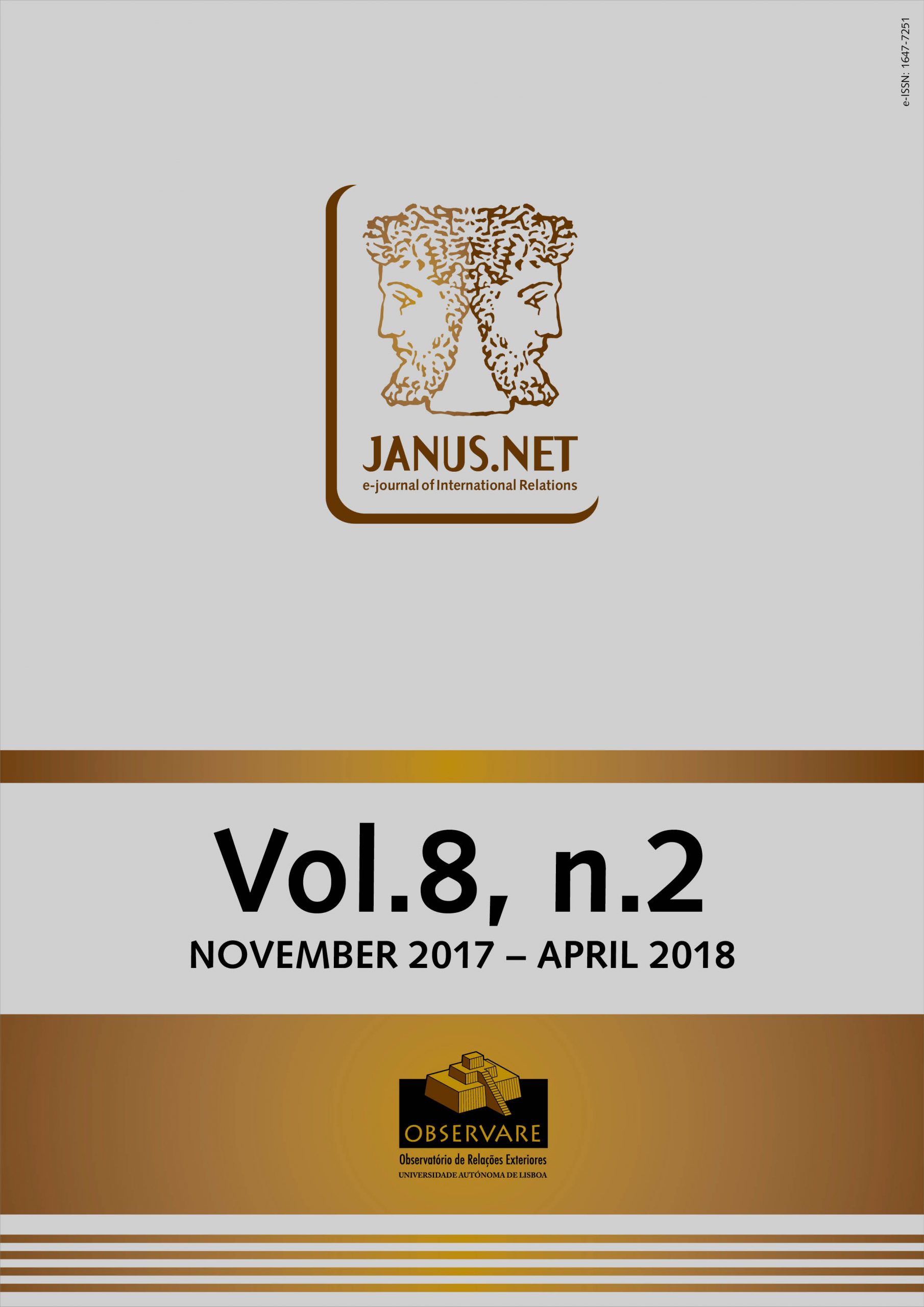Global governance has altered institutional architecture and the systemic and institutional conditions under which power is exercised, as well as the characteristics of the political system, the form of government, and the system of intermediation of interests. However, although it has surpassed the State’s dimension of power, it created new interstate dimensions and new relations between powers, particularly at the level of cities. Cities have helped to solve common problems in a more efficient and effective way by facilitating the exchange of knowledge, sharing of solutions and resources, and building capacity to implement and monitor progress in order to achieve collectively agreed goals, in a bottom-up approach. Cities have the virtue of securing the most direct social and political contract between societies and the notion of authority. This study, therefore, aims to reflect on this emerging, less hierarchical and rigid governance and address complex global challenges such as climate and demographic change; increasing crime rates; disruptive technology; and pressures on resources, infrastructure and energy. As a global/local interface, cities can ensure effective solutions to current challenges and act together in areas where the global agenda has stalled.
FROM CITY-STATES TO GLOBAL CITIES: THE ROLE OF CITIES IN GLOBAL GOVERNANCE
Sociologist, professor at the Department of Sociology of the Universidade da Beira Interior (UBI, Portugal) and researcher at the Interdisciplinary Centre of Social Sciences (CICS NOVA) of the Universidade Nova de Lisboa. He has published and researched urban and rural issues, mobility and territorial development.
Assistant professor at the Universidade da Beira Interior (UBI, Portugal); director of the Degree in Political Science and International Relations and the Master’s in International Relations at the same institution; and researcher at the Centre for Research in Political Science at the Universidade do Minho and Universidade de Évora. PhD in Political Science and International Relations from the Universidade do Minho. She has researched about the European Union and global governance and participated in several national and international conferences. She recently received the honourable mention of the José Medeiros Ferreira Prize.
Resumo
Palavras-chave
Como citar este artigo
Vaz, Domingos Martins; Reis, Liliana (2017). “From city-states to global cities: the role of cities in global governance”. JANUS.NET e-journal of International Relations, Vol. 8, Nº. 2, November 2017-April 2018. Consulted [online] on the date of last consultation, DOI: https://doi.org/10.26619/1647-7251.8.2.2
Article received on 7 July, 2017 and accepted for publication on 11 September, 2017















